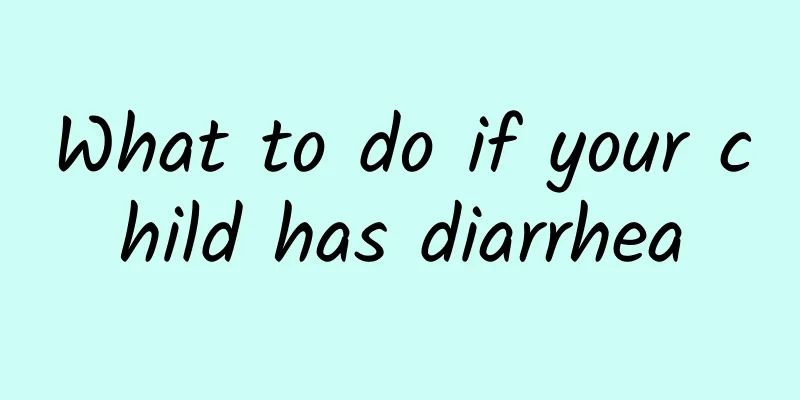What are the symptoms of flu in babies?

|
If babies have influenza, it is often caused by viruses. Children will have varying degrees of fever and cough and other symptoms. If the condition is more serious, it will cause more serious bronchitis and even pneumonia. At this time, the baby will have dizziness, sore throat and other symptoms, which are easily accompanied by high fever, which has a greater impact on the child's health. What are the symptoms of flu in babies? The symptoms of influenza type B are similar to those of influenza type A, but children with influenza type B mostly experience symptoms in the eyes and nose. They may experience pain in the lower limbs caused by acute benign myositis, but systemic poisoning discomfort such as dizziness and weakness are mild. Type C mainly presents as upper respiratory tract infection, which is usually mild. Under normal circumstances, if there are no complications, the child's fever will only last about three to four days, after which the symptoms of poisoning will be alleviated, but coughing and general fatigue will still occur in the next two weeks. Complications Influenza infection often presents with many symptoms. In addition to the common symptoms, influenza often also produces a number of complications. Parents need to always pay attention to their baby's symptoms and treat them with caution. 1. Brain disease This complication is the most serious and the baby's life may be in danger. After being infected, the child suddenly developed a high fever, and experienced general weakness, difficulty breathing, and unconsciousness. If you experience any of the above symptoms, please seek medical treatment immediately. 2. Otitis media Flu viruses in the nose or throat enter the middle ear through the ear tube, threatening the health of the ear canal and causing inflammation. Symptoms include persistent high fever and pus discharge from the ears. Because of this discomfort, babies will often touch their ears. Once the baby is found to have these symptoms, parents need to take the baby to the hospital to see a doctor and follow the doctor's treatment. When the baby has this condition, parents need to take him to a pediatric otolaryngologist and follow the doctor's treatment. 3. Febrile convulsions This complication usually occurs in younger babies and is accompanied by high fever, and often causes sudden stiffening of the body and slight tremors. It is difficult for parents to distinguish febrile convulsions from encephalopathy. If you find that your child is not feeling well, please seek medical attention and treatment promptly. 4. Bronchitis, pneumonia These two complications are not uncommon and are quite common. It will be accompanied by severe coughing symptoms, which will make the baby feel very uncomfortable, and cause refusal to eat and difficulty sleeping. If you find that your baby is not feeling well, please take him/her to see a doctor immediately. |
<<: Symptoms of blocked lung meridian
>>: How to repair the uterus after multiple miscarriages
Recommend
What diseases can biochemical blood tests detect?
Biochemical examination is a relatively routine e...
Applying Asarum to the soles of feet to treat oral ulcers
Many people have experienced oral ulcers. In fact,...
Can cerebral palsy in children be completely cured? How to effectively treat cerebral palsy?
There has always been a lot of controversy about ...
Diqiao lactation calcium tablets
Calcium is a very important trace element that ca...
Differences between bacteria, fungi and viruses
Bacteria, fungi and viruses may have different di...
Fresh ginseng wine recipe
Ginseng is the most familiar Chinese medicine. It...
Can I eat lily if it is a bit bitter?
In daily life, there are usually two kinds of lil...
What are the effects of American ginseng and Panax notoginseng powder?
American ginseng and Panax notoginseng powder are...
TCM treatment of mitral stenosis
Mitral stenosis is a condition that can cause dam...
What are the clinical effects of honeysuckle?
Honeysuckle is a plant that grows in jungles, str...
How much does Ophiopogon japonicus cost per pound?
If you have seen or known Ophiopogon japonicus, y...
Foot bath with ginger is incredibly good, everyone can do it
There are 64 reflex zones on the soles of the fee...
Why does urine smell fishy?
Some people's urine always has a fishy smell,...
Is the cupping bloodletting scam real?
Cupping is a relatively common health care method...
What causes itching in the skin?
If you feel itching inside your skin, it is gener...









